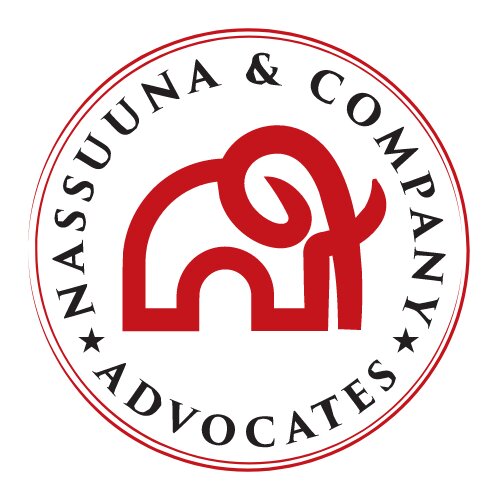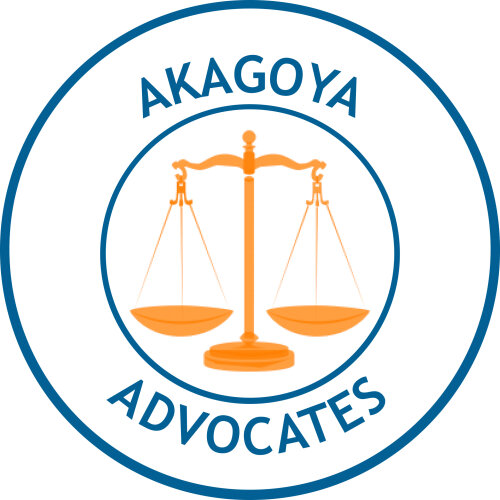Best Dependent Visa Lawyers in Kampala
Share your needs with us, get contacted by law firms.
Free. Takes 2 min.
List of the best lawyers in Kampala, Uganda
About Dependent Visa Law in Kampala, Uganda
Dependent Visa laws in Kampala, Uganda, are meant to reunify families by allowing the dependents of individuals legally residing in Uganda to join them. Dependents may include spouses, children under the age of 18, and sometimes even parents or parents-in-law. A Dependent Visa permits the holder to live, study, or sometimes even work in Uganda. However, the process involves an array of legal complexities and strict regulations.
Why You May Need a Lawyer
A Dependent Visa Lawyer can explain your rights, guide you through the complex application process, and increase the chance of visa approval. Legal assistance is recommended especially under the following circumstances: when you have been denied a visa before, when dealing with a loved one who has been deported, or when you have misunderstood or misinterpreted the immigration laws yourself. A knowledgeable lawyer is invaluable in deciphering the legal jargon and protecting your interests.
Local Laws Overview
The immigration regulations in Uganda stipulate that to qualify for a Dependent Visa, the main visa holder should either be a citizen of Uganda or hold a valid permit for work, business or study. The dependents must also be able to prove their relationship to the primary visa holder via documentation like marriage or birth certificates. The Dependent Visa is then granted at the discretion of The Directorate of Citizenship and Immigration Control.
Frequently Asked Questions
1. How long does the Dependent Visa last?
The duration of the Dependent Visa is tied to the validity of the primary visa holder’s status. It expires once the primary visa holder’s permit expires.
2. Can a dependent work while in Uganda?
Dependents are not generally allowed to work in Uganda unless they acquire a work permit. It is key to verify this from the Ugandan immigration laws or consult a legal expert to guide you accordingly.
3. What happens if the primary visa holder's visa status changes?
If the primary visa holder’s status changes, it could affect the status of the dependents. For instance, if the primary visa holder leaves Uganda or their visa gets cancelled, the Dependent Visa may likely be invalidated too.
4. What are the consequences of overstaying my visa?
Overstaying your visa can lead to immigration penalties like deportation, fines, being barred from re-entry into Uganda, among other consequences.
5. Can I switch from another visa to a Dependent Visa while in Uganda?
The possibility of switching from another visa to a Dependent Visa while in Uganda largely depends on the discretion of The Directorate of Citizenship and Immigration Control in Uganda. You should consult a lawyer for tailored advice on your situation.
Additional Resources
The Directorate of Citizenship and Immigration Control (DCIC) is a good starting point for any Dependent Visa-related queries. For legal advice, the Uganda Law Society allows you to find a reputable lawyer.
Next Steps
If you believe you need a lawyer, start by doing thorough research. Look for lawyers who specialize in immigration law, more specifically, Dependent Visas. Prepare a list of potential lawyers, schedule consultations, and come ready with any questions or concerns you might have. Also, get ready your essential documents like birth certificates, marriage certificates and passports as they will be needed throughout the visa application process.
Lawzana helps you find the best lawyers and law firms in Kampala through a curated and pre-screened list of qualified legal professionals. Our platform offers rankings and detailed profiles of attorneys and law firms, allowing you to compare based on practice areas, including Dependent Visa, experience, and client feedback.
Each profile includes a description of the firm's areas of practice, client reviews, team members and partners, year of establishment, spoken languages, office locations, contact information, social media presence, and any published articles or resources. Most firms on our platform speak English and are experienced in both local and international legal matters.
Get a quote from top-rated law firms in Kampala, Uganda — quickly, securely, and without unnecessary hassle.
Disclaimer:
The information provided on this page is for general informational purposes only and does not constitute legal advice. While we strive to ensure the accuracy and relevance of the content, legal information may change over time, and interpretations of the law can vary. You should always consult with a qualified legal professional for advice specific to your situation.
We disclaim all liability for actions taken or not taken based on the content of this page. If you believe any information is incorrect or outdated, please contact us, and we will review and update it where appropriate.

















